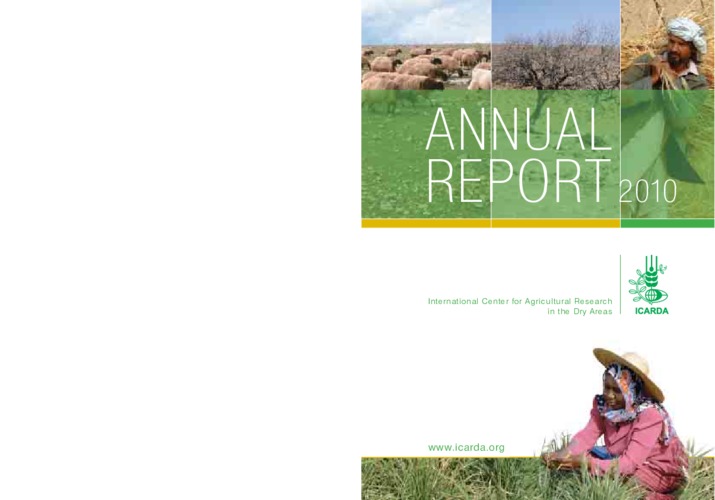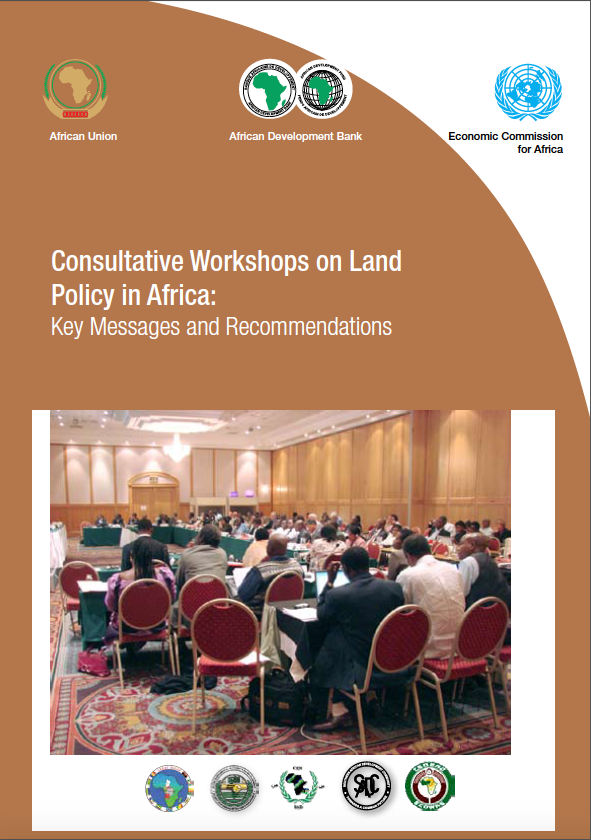ICARDA Annual Report 2010
Global food production has increased by 20% in the past decade – but food insecurity and poverty remain widespread , while the natural resource base continues to decline. International research centers, which have helped drive previous improvements, must continue to deliver new technologies to support sustainable growth in agriculture; and to work with other partners to accelerate the dissemination of these technologies.







